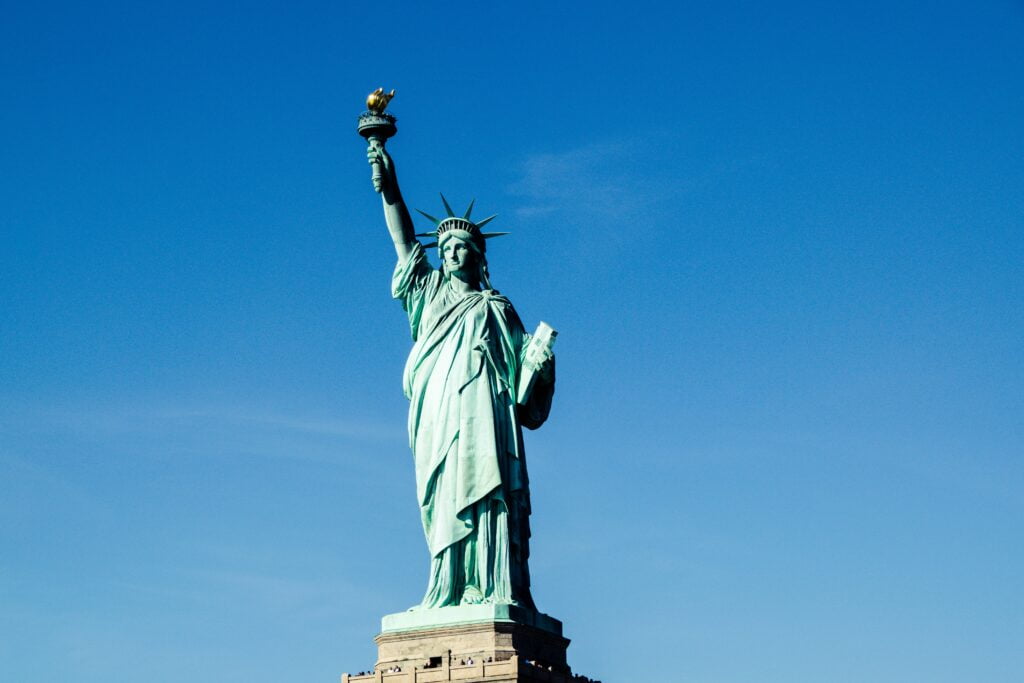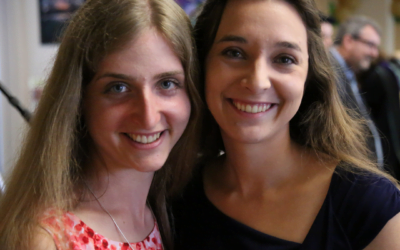Right to Liberty
Today, “liberty” is used to describe different things to different people. Some say that liberty is personal autonomy without limitations. Others view liberty as the absence of physical restraint. In the name of “liberty” lawlessness is even being condoned, as if it is up do each individual to decide their own liberty. But everyone doing what is “right in their own eyes” (Judges 17:6) is not what our founders meant by liberty and such an antinomian (lawless) philosophy only leads to anarchy. Our founders recognized that liberty is and must be defined as freedom within boundaries of law, whether physical laws or moral laws. These limits or parameters of liberty must be defined in the context of particular subject areas. For example, religious liberty is different than physical liberty. And the limitations on liberty can only be defined by looking at the source of the liberty. The liberty referenced in the Declaration of Independence is an unalienable gift from the Creator and therefore the limitations of that liberty are determined by the Creator.
Acknowledging the Creator as a fundamental truth of the American philosophy of government also meant that the Creator set the parameters of the unalienable gift of liberty. Those parameters include the limitations of the Creator’s design, His moral law, and His authority structures, e.g. the jurisdictions of the family and the jurisdiction of the church. With a long history of what the terms meant, the Declaration of Independence states that the limitations or parameters of the unalienable right to liberty are the “laws of nature and of nature’s God.” Briefly, the laws of nature are a reference to the laws that the Creator infused into His creation, including design, purpose, and value. These laws of nature, what some may call “general revelation” are illuminated by the laws of nature’s God, or special revelation as revealed by the Creator’s word, the Bible. By using these terms the founders were not talking about whether one believes in salvation through faith in Christ, but were only acknowledging that there is a created order that includes moral standards as a basis for a civil governmental system.

Additional discussion of the laws of nature and of nature’s God is for a future time, but for now with respect to true liberty, it is important to state that liberty is not unrestrained personal autonomy. To identify unalienable individual liberties, one needs to look at the Creator’s design and purposes for His creation. One’s response as to how one fulfills their stewardship responsibility to the Creator with respect to liberty may not ignore the Creator’s laws of nature. If liberty includes more than just absence of physical restraint, a simple example is the unalienable liberty to marry. The liberty to have a spouse is limited to the Creator’s design of one male and one female for life. This is confirmed by human anatomy, the Creator’s design for family, and the Creator’s Word. For man to violate the law of nature of marriage and redefine it contrary to the Creator’s design is not liberty. Exceeding the lawful parameters of liberty can only have negative and detrimental consequences.
Thus, true liberty as opposed to false liberty presupposes limits or parameters. In this country we have liberty under law, not liberty apart from law.


